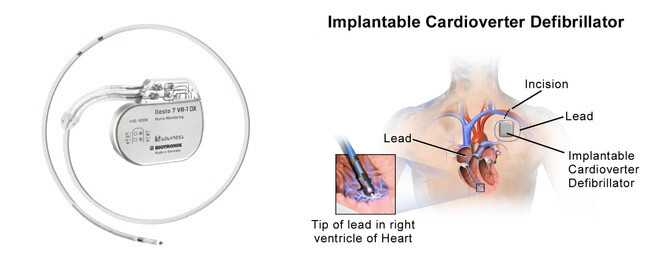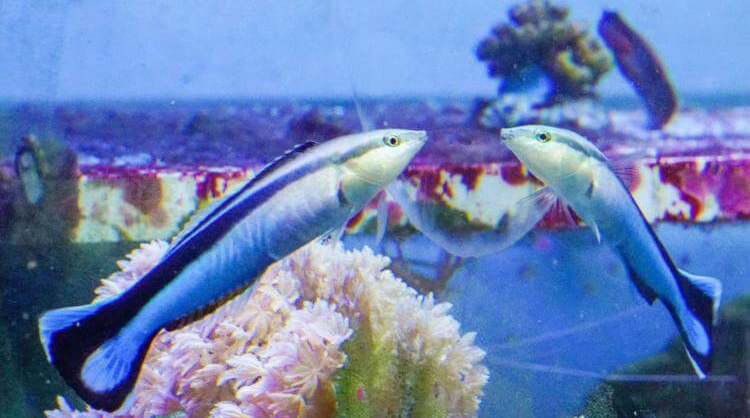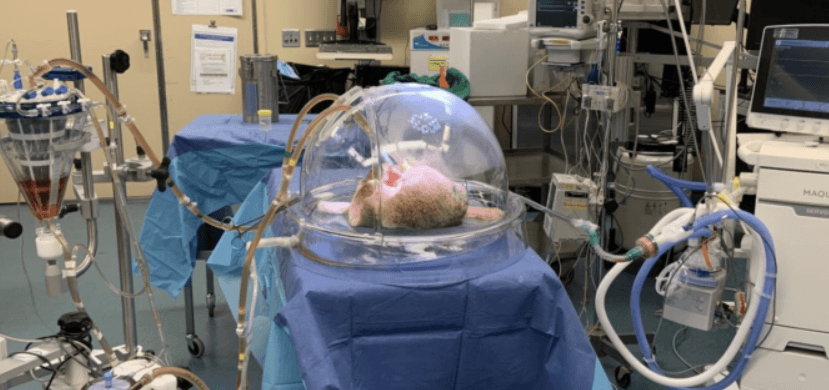The Device That Kicks Your Heart Into Gear

Less than nine months after suffering a heart attack and literally dying on the field, Danish soccer star Christian Eriksen, 30, returned to the pitch over the weekend.
What made this possible? Obviously, a lot of hard work – and the help of a medical device known as an implanted cardioverter-defibrillator (ICD).
🫀 How it works... The ICD constantly monitors the patient's pulse, and, if it detects an irregular or abnormal heartbeat, the device is programmed to respond accordingly.
- For a slower-than-normal heartbeat, there's a “back-up pacemaker” that brings the heartbeat back up to normal.
- For a mild, faster-than-normal heartbeat, the ICD sends out several pacing signals that usually cause the heart to return to a normal rhythm. If that doesn’t work, it delivers a mild electric shock to the heart to slow it down.
- And if that doesn’t work, the device sends an even stronger shock intended to stop the fast heartbeat. This – in theory – should prompt the patient to visit an emergency room.
🤔 Is it safe to compete with an ICD?... Up until 2015, scientists thought the answer to that question was “no”. But then a research team from Yale University published a peer-reviewed study following 440 athletes competing with ICDs over four years.
The study found that ~10% of the athletes received a shock from the device while competing. But there were no examples of the ICD failing, and none of the athletes suffered an injury or died from a sports-related cardiac event, leading the study’s author to conclude “the risk is low.”
- Still, the rules governing ICDs in athletes vary by country. Eriksen had to leave his previous club, Inter Milan, because Italian rules prevent anyone from playing with the device.
Share this!
Recent Science & Emerging Tech stories

Science & Emerging Tech
| February 24, 2022Your Life May Actually Flash Before Your Eyes
🧠 The activity of a dying human brain was recorded for the first time ever in a new study published Tuesday in the peer-reviewed journal Frontiers in Aging Neuroscience.

Science & Emerging Tech
| February 23, 2022The Fish in the Mirror
🪞🐟 Fish may be self-aware, according to the results of a study published last week in the peer-reviewed journal PLOS Biology, which follows up on a controversial 2019 study claiming the same thing.

Science & Emerging Tech
| February 22, 2022Scientists Create Universal Blood-Type Organs
🫁 Researchers in Toronto succeeded in converting multiple pairs of lungs from one blood type to another using a combination of different technologies, according to a new paper published last week in Science Translational Medicine.
- There are four major blood type groups: A, B, O, and AB. For any organ transplant to work, the donor needs to have a blood type that’s compatible with the recipient.
- Type O is often referred to as the ‘universal donor’, since it’s compatible with all other types.
- On the flip side, those with type O blood can only receive transplants from people with the same blood type, which can be found in ~45% of Americans.
- In this experiment, medical researchers at the Toronto General Hospital Research Institute managed to turn eight type-A lungs into type-O lungs.
- "There are situations where we may get a B donor, but we don't have a B recipient," said Marcelo Cypel, a professor of surgery at the University of Toronto and lead author of the paper. "If we could use that organ in any of the patients in our waitlist, then we would always have a patient to receive that organ."
🧫 The big picture: Scientists hope this technique can eventually be adapted to change the blood types of all organs, not just lungs. More than 106,000 Americans are currently waiting for an organ transplant, with average times ranging from a few months to a few years depending on the organ.
You've made it this far...
Let's make our relationship official, no 💍 or elaborate proposal required. Learn and stay entertained, for free.👇
All of our news is 100% free and you can unsubscribe anytime; the quiz takes ~10 seconds to complete